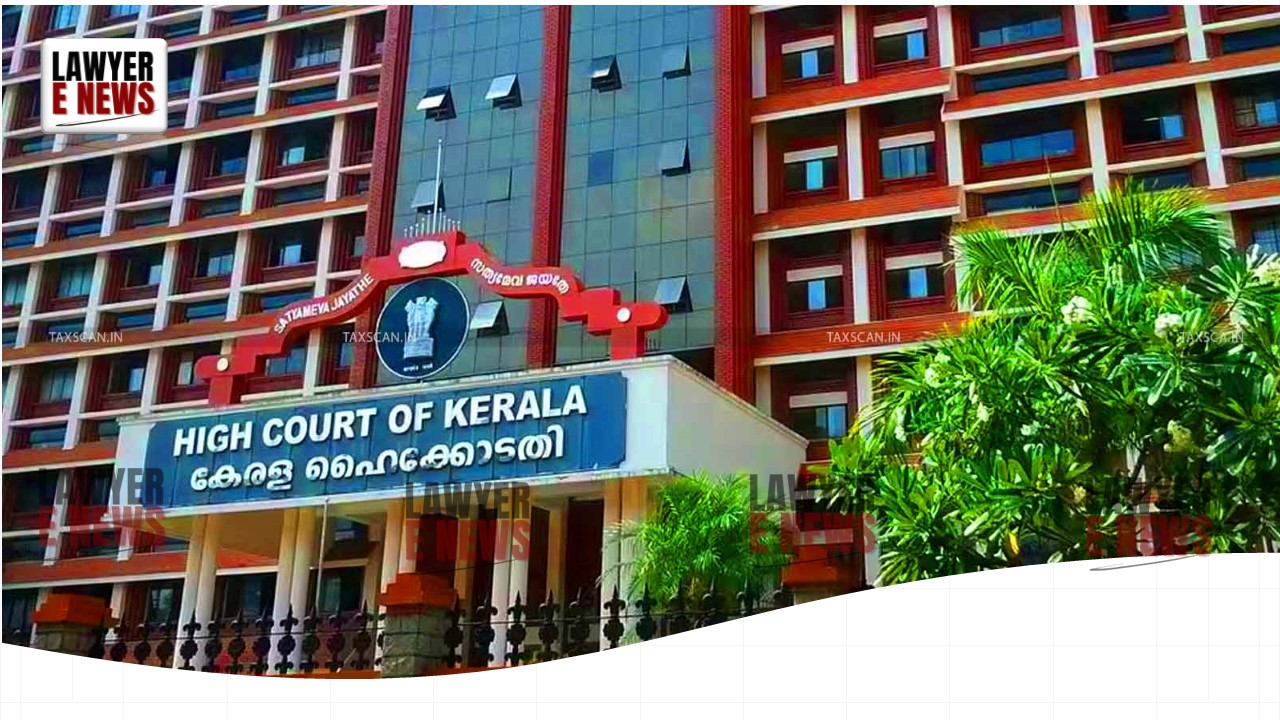-
by Admin
15 February 2026 5:35 AM



On November 5, 2024, the Kerala High Court ruled against the petitioner’s challenge to the election of Mani C. Kappen, citing insufficient evidence of corrupt practice under the Representation of the People Act, 1951 (R.P. Act). The Court emphasized that allegations of corrupt practice in election disputes must meet the criminal standard of proof beyond a reasonable doubt.
The petitioner, C.V. John, challenged the election of Mani C. Kappen, the winning candidate in the 2021 Kerala Legislative Assembly election from the Pala constituency. John alleged that Kappen exceeded the permissible election expenditure of ₹30,80,000 as mandated by the Election Commission, which, if proven, constitutes a corrupt practice under Sections 77 and 123(6) of the R.P. Act.
Justice C. Jayachandran, presiding over the case, highlighted the stringent requirements of proof in cases alleging corrupt practices:
Requirement of Proof Beyond Reasonable Doubt: The Court reaffirmed that election petitions involving allegations of corrupt practices must satisfy the high evidentiary threshold akin to criminal proceedings, as previously held in Surinder Singh v. Hardial Singh. The petitioner could not provide conclusive evidence proving that the respondent’s expenses exceeded the prescribed limit.
Distinction Between Permissive and Mandatory Provisions: The petitioner claimed that failure to accurately record campaign expenses in accordance with Section 77(1) also constituted corrupt practice. However, the Court rejected this argument, clarifying that Section 123(6) applies only to violations of Section 77(3)—specifically, expenses exceeding the statutory limit.
Election Observers' Reports and Documentation: The petitioner relied on discrepancies between the candidate's reported expenses and records maintained by the Election Observer. However, the Court held that not all expenses would be visible in the observer’s records, and only documented visible expenditures could be considered. The Court found no conclusive evidence to corroborate claims of unreported or excessive spending.
No Impact on Election Result: The Court found no material evidence to suggest that any alleged expenditure discrepancies impacted the election outcome, as required under Section 100(1)(d)(iv) of the R.P. Act.
The Kerala High Court dismissed the petition, upholding Kappen’s election and highlighting the need for rigorous proof standards in election disputes. This judgment underscores the Court’s commitment to safeguarding electoral mandates against unsubstantiated claims of corrupt practices.
Date of Decision: November 5, 2024
